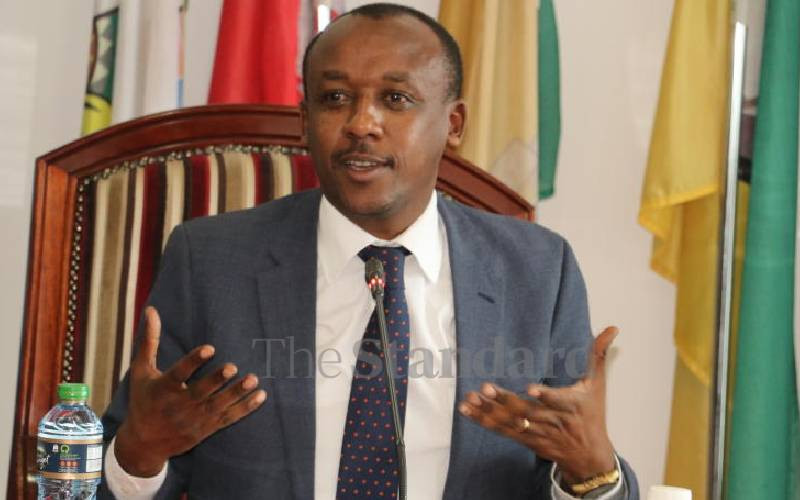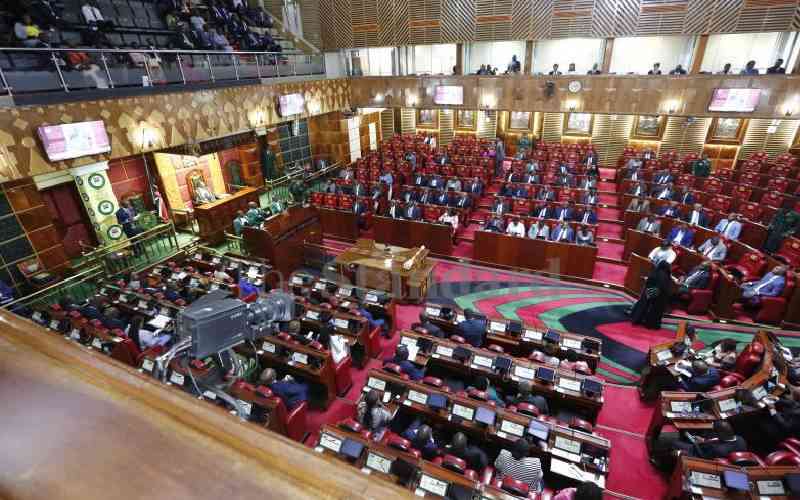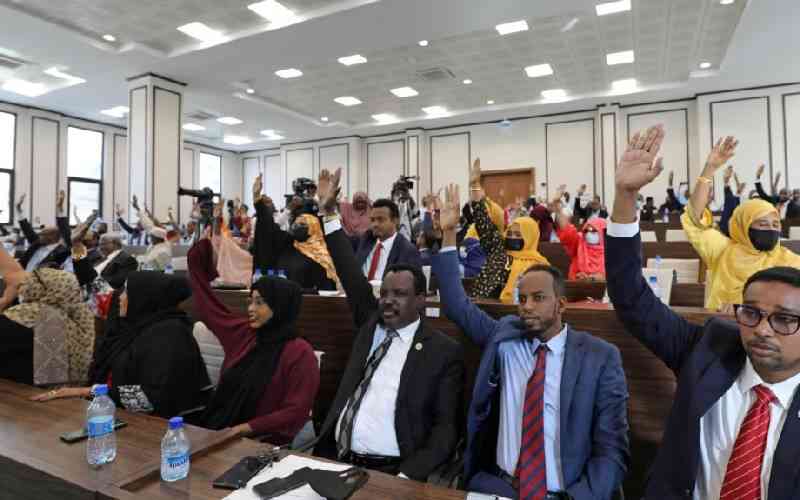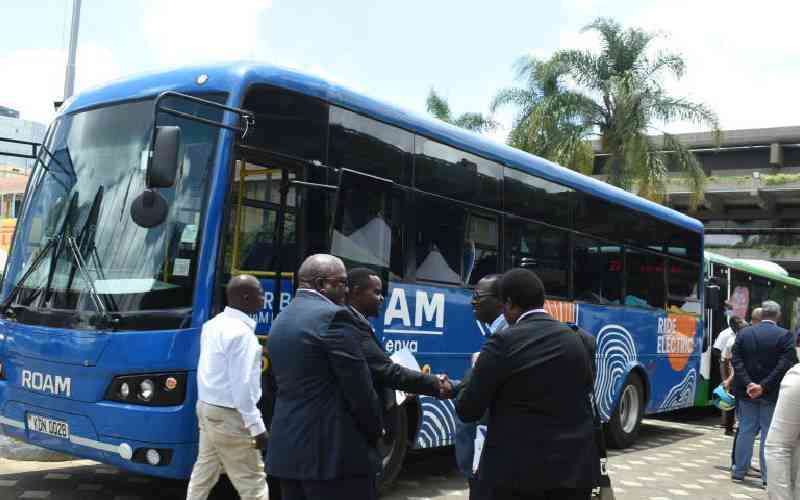By Machua koinange
Kenya: In late December 2002, a breakfast meeting took place at Uhuru Kenyatta’s private residence off Dennis Pritt Road in Nairobi.
Uhuru, then the Kanu torchbearer, had just conceded defeat to Mwai Kibaki, who won over 60 per cent of the vote and had gone ahead to be sworn in as Kenya’s fourth President. Kanu, the country oldest political party that had been in power for 40 years had just received a shellacking at the polls. The meeting brought together Kanu’s bright minds to review electoral defeat and assess what the future held.
In attendance was Uhuru, the host, William Ruto (current Deputy President), J.B. Muturi (current Speaker of the National Assembly), Marsden Madoka (former MP Taita Taveta), Gideon Ndambuki (former MP Kaiti Constituency), Gideon Moi (current Senator Baringo County) and Maoka Maore (former MP Ntonyiri).
Besides taking stock of the electoral loss, the meeting was to discuss another pressing matter. Kanu had three slots to nominate MPs to the House. The task was to propose names. The party needed new fired-up and energetic blood. “The party was traumatised after elections. We recognised that Kanu was going to be hard to sell after the loss. The party needed people who could articulate its policies in very difficult parliamentary circumstances,” recalls former MP Maoke Maore.
Amina Abdalla was proposed as a nominated MP and accepted by those present. Then Musalia Mudavadi, the former VP and Uhuru’s running mate’s name was proposed. There was chatter in the room about his name, discussions going back and forth. Finally his name was rejected.
Maore had been listening to a radio show called Crossfire that aired on a Kiss 100 FM, a private radio station. Mutula was a regular political analyst in the programme. “Kanu needed MPs who could raise the content of debate in the House. I had followed the show and was impressed by Mutula Kilonzo’s performance,” he remembers.
Maore remembers Mutula as fierce, proud, eccentric, unusually brilliant and exuding confident. He thought he would be a perfect fit to Parliament. Besides, it helped that he was retired President Moi and Kanu’s lawyer. Maore proposed his name. His name did not elicit as much chatter as Mudavadi.
The room was unanimous.
Mutula was in.
The challenge was how to communicate the news to him. Mutula had a history of declining previous nominations to Parliament in 1992 and 1997. Politics was after all the proverbial graveyard of financially successful men and women.
In addition, within the public domain, it was era when politicians were assembled together by tiny shreds of conviction and a desire for financial enrichment (not that it has changed much).
Mutula was different.
A firm decision was not made at the meeting, who would communicate the news to him. There was also concern he might decline the nomination again.
So Kanu went ahead and forwarded his name to the Speaker and Mutula’s name was eventually gazetted. It was too late for him to back out. He was astounded when he found out. With Maore’s proposal having been accepted, Mutula found himself in the murky waters of politics he previously despised. “It was not until a year later that I volunteered and confessed to Mutula that I had proposed his name.”
Stay informed. Subscribe to our newsletter
 The Standard Group Plc is a
multi-media organization with investments in media platforms spanning newspaper
print operations, television, radio broadcasting, digital and online services. The
Standard Group is recognized as a leading multi-media house in Kenya with a key
influence in matters of national and international interest.
The Standard Group Plc is a
multi-media organization with investments in media platforms spanning newspaper
print operations, television, radio broadcasting, digital and online services. The
Standard Group is recognized as a leading multi-media house in Kenya with a key
influence in matters of national and international interest.
 The Standard Group Plc is a
multi-media organization with investments in media platforms spanning newspaper
print operations, television, radio broadcasting, digital and online services. The
Standard Group is recognized as a leading multi-media house in Kenya with a key
influence in matters of national and international interest.
The Standard Group Plc is a
multi-media organization with investments in media platforms spanning newspaper
print operations, television, radio broadcasting, digital and online services. The
Standard Group is recognized as a leading multi-media house in Kenya with a key
influence in matters of national and international interest.








